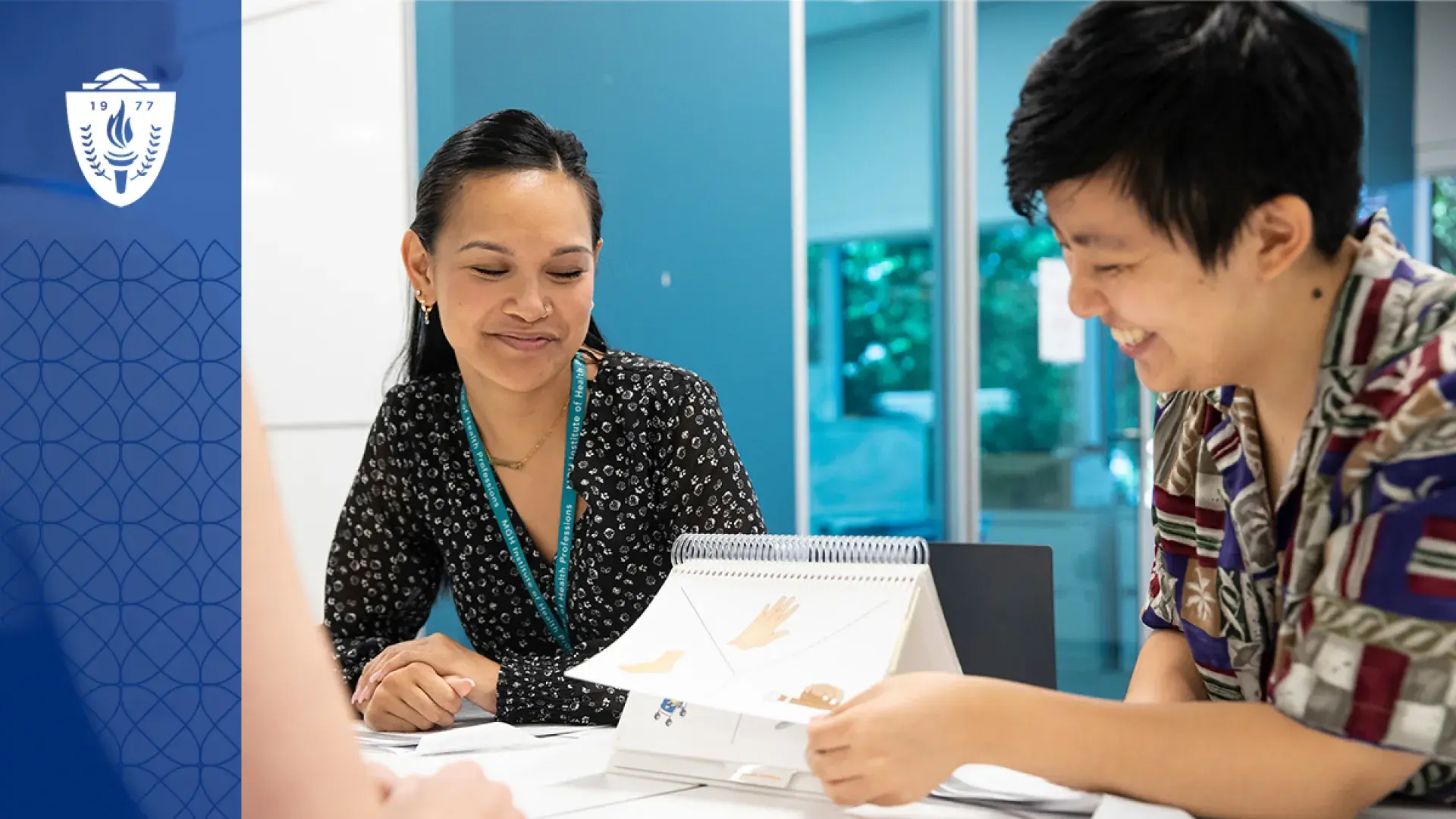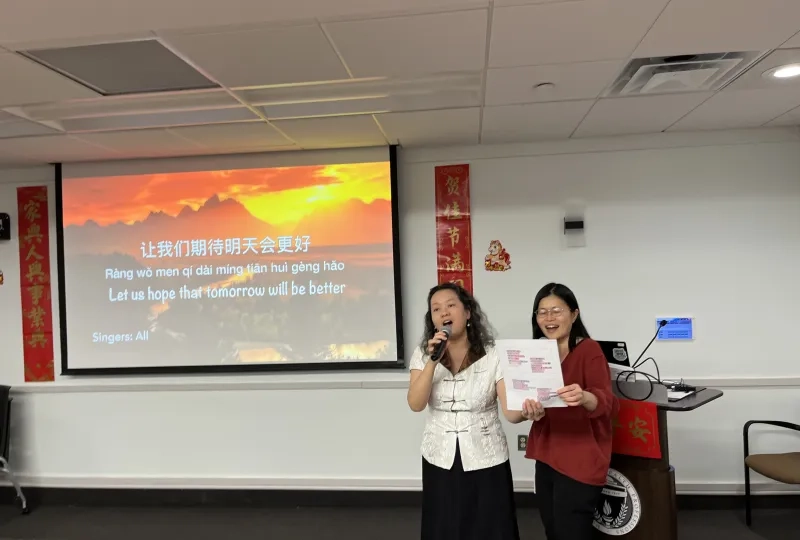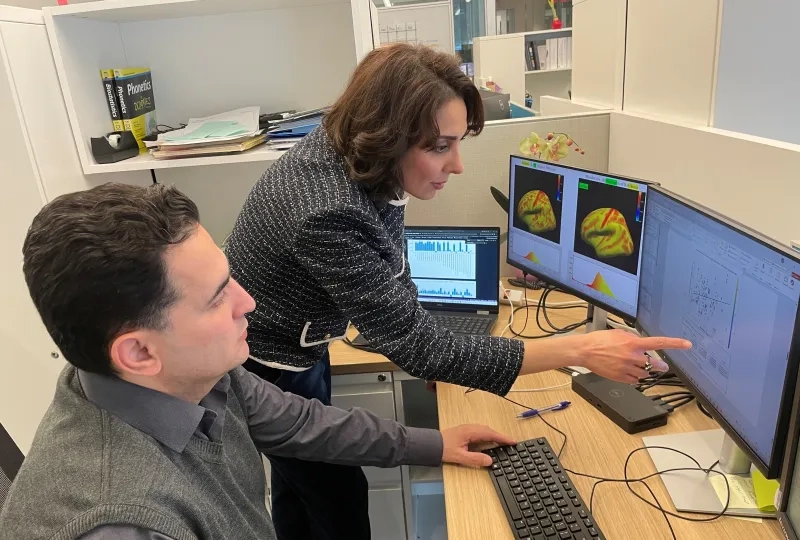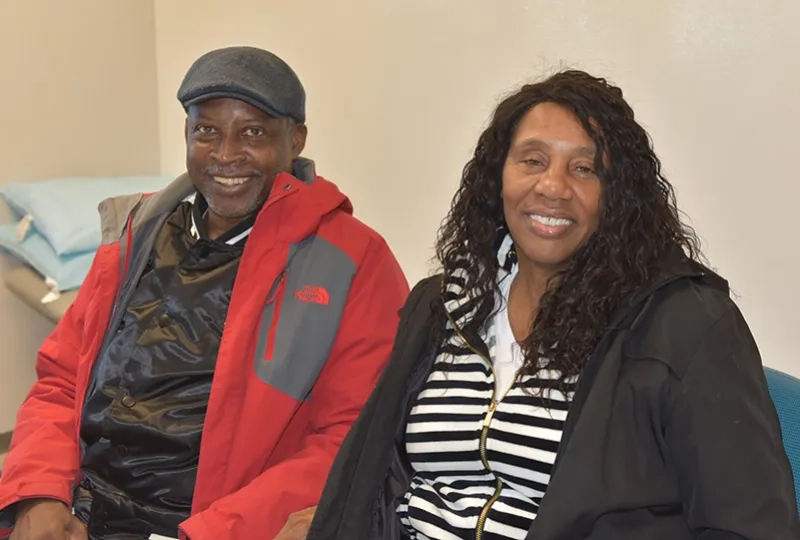
A career in speech-language pathology opens doors to a wide range of opportunities, each with its own set of challenges and rewards. Among the choices, three prominent paths emerge—medical speech-language pathologists, school speech-language pathologists, and private practice speech-language pathologists. Our master’s program at MGH IHP prepares you for any of these paths and you don’t have to choose one or the other, unless you want to do so later in your career.
In this comprehensive exploration, our expert faculty describe the distinctive aspects of each career, focusing on the setting, the people involved, and the nature of the work. Some of the differences in these settings are described briefly below.
Medical Speech-Language Pathologists: Facilitating Recovery in Healthcare Settings
Setting: Hospitals and Rehabilitation Centers
Description: Medical speech-language pathologists (SLPs) are integral members of healthcare teams, working within the environment of hospitals, rehabilitation centers, and clinics.
Key Responsibilities of Medical SLPs:
- Conducting comprehensive assessments to evaluate patients' communication and swallowing abilities.
- Designing and implementing tailored treatment plans for diverse patient populations.
- Collaborating with physicians, nurses, and other healthcare professionals to ensure a holistic approach to patient care.
People: Diverse Patient Populations
- Pediatric Patients: Assisting children in overcoming speech and language challenges resulting from various conditions, utilizing language development milestones.
- Adult Patients: Aiding adults in recovering from strokes, traumatic brain injuries, or surgeries; addressing speech, word finding, language comprehension, voice disorders, swallowing difficulties, and cognitive changes that arise from a variety of medical conditions.
School Speech-Language Pathologists: Shaping Communication Skills in Educational Settings
Setting: Elementary and Secondary Schools
Description: School speech-language pathologists operate in educational settings, collaborating closely with students, teachers, and educational teams.
Key Responsibilities of School SLPs:
- Conducting assessments to identify speech, language, and cognitive disorders impacting communication and academic performance. Presenting results and recommendations in individualized educational plans (IEPs) and following the success of the IEP's recommendations.
- Providing targeted interventions, both in groups and one-on-one, to support students in overcoming communication challenges.
- Advocating for students with communication disorders to ensure necessary accommodations and support within the educational system.
People: Students and Educational Teams
- Student Focus: Working with children from pre-K through high with a range of communication needs.
- Educational Teams: Collaborating with teachers, special education staff, and parents to create a supportive environment fostering effective communication.
Private Practice Speech-Language Pathologists: Tailoring Individualized Therapy
Setting: Independent Practices and Clinics
Description: Private practice speech-language pathologists operate independently or within private clinics, offering specialized services to clients of all ages.
Key Responsibilities:
- Conducting assessments to identify communication and/or swallowing challenges, tailoring diagnostic approaches to individual client needs.
- Providing individualized therapy sessions, addressing the unique needs of each individual with research-based treatment methodologies.
- Managing entrepreneurial aspects of the business, including scheduling, marketing services, and handling administrative tasks.
People: Diverse Clientele
- Varied Age Groups: Working with clients of all ages, including children with developmental disorders, adults recovering from neurological conditions, and those seeking treatment for other communication or swallowing impairments.
As we explore these distinct paths in speech-language pathology, it's worth noting the role played by educational institutions such as the MGH Institute of Health Professions. As the graduate school affiliate of Mass General Brigham, we are a leader in speech-language pathology education and research. Graduates from the MGH Institute speech-language pathology degree program are equipped with cutting-edge knowledge, hands-on clinical experiences, and a commitment to advancing research in the field through simulation-based learning experiences and interdisciplinary collaboration. While you do not have to choose any specific path as a graduate student, our master’s program provides an option to take one of 7 concentrations where you have an opportunity to focus deeper into a specific area.
The world of speech-language pathology offers fulfilling career paths, each contributing uniquely to the well-being of individuals. Whether navigating the intricate challenges of healthcare, shaping the communication skills of school students, or providing individualized therapy in private practice, speech-language pathologists play a crucial role in enhancing lives through fostering effective communication.



